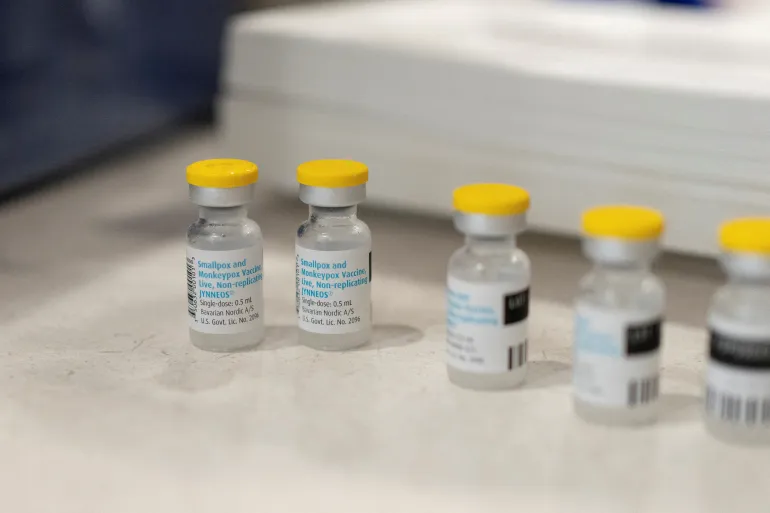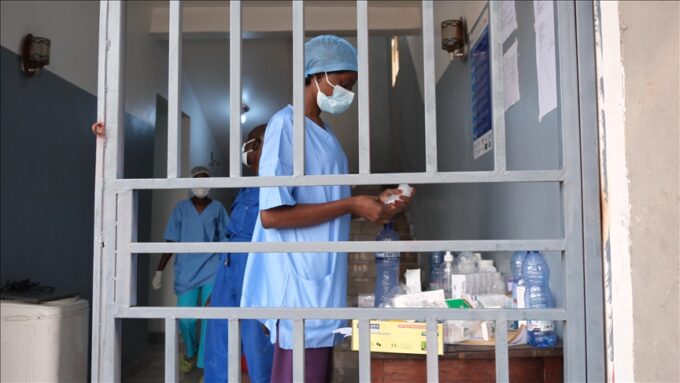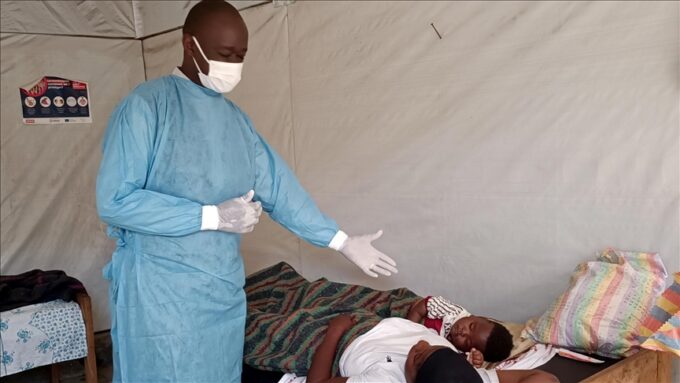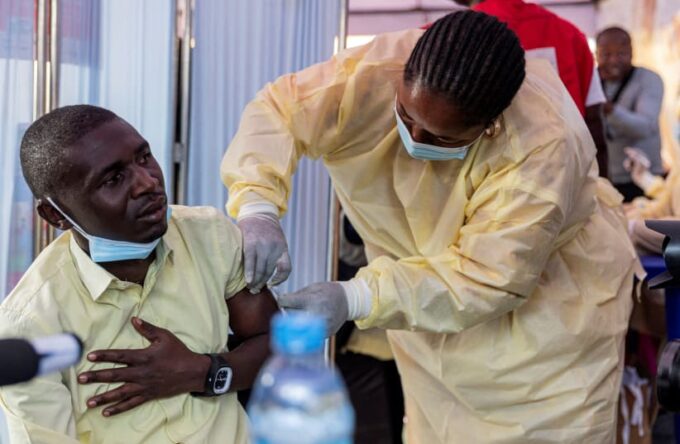The World Health Organization (WHO) has approved the first diagnostic test designed to deliver quicker results. The new real-time PCR test, known as the Alinity m MPXV assay, detects the mpox virus by swabbing human skin lesions and will help accelerate testing efforts, particularly in countries facing ongoing outbreaks.
This announcement, made on Friday, marks a critical step in addressing the testing gaps that have hindered the timely identification and containment of mpox in Africa. The test will provide health workers with the tools to confirm suspected cases more efficiently, reducing the current waiting times, which often extend over several days. This is especially vital in regions such as the Democratic Republic of Congo (DRC), the epicenter of the current outbreak, where only 37 percent of suspected cases have been tested this year, according to the WHO.
The WHO emphasized the importance of this approval, noting that the real-time PCR test “will be pivotal in expanding diagnostic capacity in countries facing mpox outbreaks, where the need for quick and accurate testing has risen sharply.” The ability to detect the virus early is seen as key to controlling the spread, particularly in resource-constrained areas that have been struggling with limited access to testing infrastructure.
Mpox, which is transmitted through close human-to-human contact or contact with infected animals, has become a growing concern across the continent, with cases reported in 16 African countries this year. The disease, which causes fever, body aches, and skin lesions, has already claimed the lives of over 800 people across Africa. The WHO’s Africa office and the Africa Centres for Disease Control and Prevention (Africa CDC) have been tracking the outbreak, urging increased testing and surveillance to curb the spread.
In a statement, the WHO highlighted the effectiveness of the new test in detecting mpox DNA from pustular or vesicular rash samples, allowing health workers to confirm cases swiftly and accurately. The agency also acknowledged that limited testing capacity has contributed to the virus’s continued transmission, particularly in Africa, where diagnostic tools have been scarce. “This first mpox diagnostic test listed under the Emergency Use Listing (EUL) procedure represents a significant milestone in expanding testing availability in affected countries,” stated Yukiko Nakatani, WHO’s Assistant Director-General for Access to Medicines and Health Products.
The WHO revealed that it is currently reviewing three additional mpox diagnostic tests for emergency use, while also engaging with other manufacturers to expand access to testing tools. This coordinated global response follows the WHO’s declaration of mpox as a global public health emergency in August, for the second time in two years, after the disease spread beyond Africa to several countries around the world.
The DRC remains at the heart of this latest mpox outbreak, but neighbouring countries such as Uganda, Burundi, and Rwanda have also reported cases. Two strains of the virus are currently circulating: Clade 1, endemic to West and Central Africa, and Clade 1b, a newer and more infectious variant that has sparked international concern. Beyond Africa, the Clade 1b variant has been detected in countries like India, Thailand, and Sweden, demonstrating the global nature of the threat.
Nakatani underlined the WHO’s commitment to ensuring equitable access to quality medical products, particularly in underserved regions. “The approval of this test increases access to quality-assured medical products and is central to our efforts in assisting countries to contain the spread of the virus and protect their people,” she said.
As Africa continues to battle outbreaks of both old and new diseases, the expansion of diagnostic capacities for mpox is a critical step in the fight to contain the virus and protect vulnerable populations. The WHO’s efforts, coupled with regional support from organizations like Africa CDC, are crucial to ensuring that Africa is equipped to manage public health emergencies swiftly and effectively.














Leave a comment